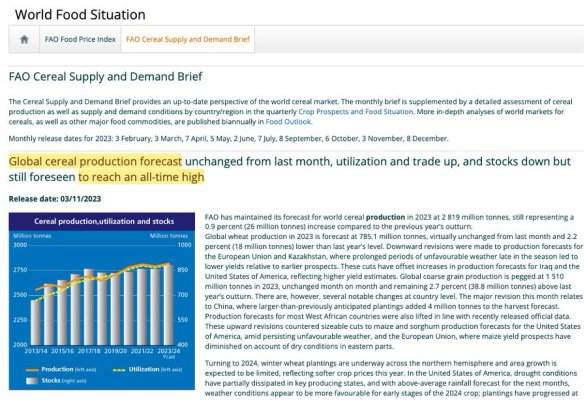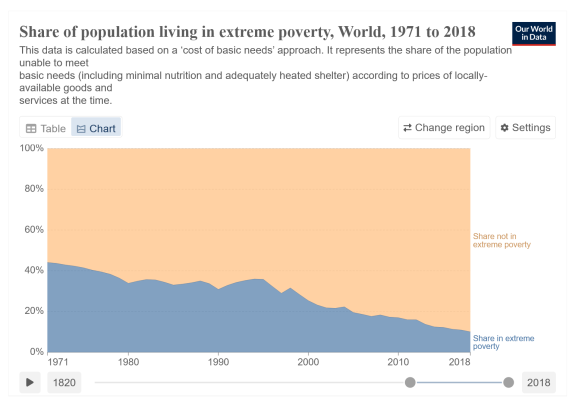I was surprised. Have some fun:
Fill in the blank: The % of world population over 65 in 2022 is 10%, in 2100 it will be ___________.
A. 6-10%
B. 10-14%
C. 14-18%
D. 18-22%
E. 22-26%
https://www.visualcapitalist.com/cp/charted-the-worlds-aging-population-1950-to-2100/
Fill in the blank: The % of world population over 65 in 2022 is 10%, in 2100 it will be ___________.
A. 6-10%
B. 10-14%
C. 14-18%
D. 18-22%
E. 22-26%
https://www.visualcapitalist.com/cp/charted-the-worlds-aging-population-1950-to-2100/
Last edited:



